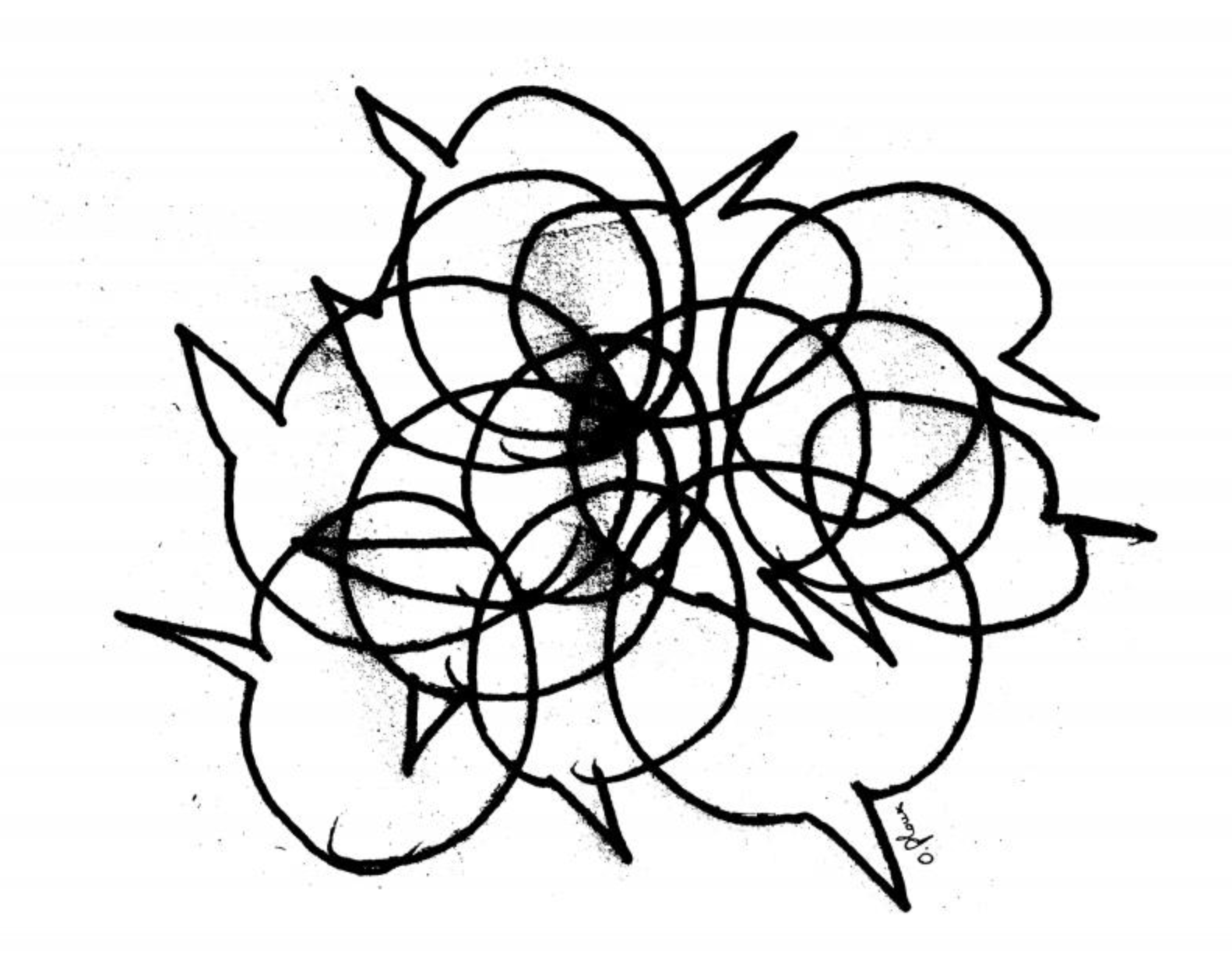The far right’s influence on European politics is nothing new, and has been gathering pace since the 2000s. In recent weeks, however, the media and pundits have focused much attention on the foothold of far-right parties in public debates across the continent. It is a “new era in the making”, say researchers Gilles Ivaldi and Andreu Torner put it in The Conversation (FR), and the changed political landscape is likely to affect “the Union’s political balance at the European elections in June 2024”.
Perhaps the most obvious case study is the Rassemblement National (RN) in France. Polling at 28% according to the latest survey by Ifop on 17 October, the RN has risen by 3 points since August, and is “widening the gap with its rivals”, reports Davide Basso in Euractiv (FR). He points out that “at the 2019 elections the RN and the presidential party (La République en Marche, now Renaissance) were neck and neck, [while] the gap [is] now eight points”. This political journalist’s conclusion: “faced with the collapse of its ally Matteo Salvini in Italy, the RN could take the leadership of the Identity and Democracy (ID) group, which unites the eurosceptic far right in the European Parliament.”
The far right has entered the political mainstream in Portugal, long considered an exception. The Chega party was founded as late as early 2019 and only entered parliament in January 2022. It has established itself as the country’s third largest electoral force, just a few months ahead of early elections on 10 March following the resignation of Prime Minister António Costa.
In Sweden, anti-immigrant political discourse has hardened since the far-right Sweden Democrats came second in the 2022 parliamentary elections. Columnist Ann-Sophie Hermansson, a member of the Social Democratic Party and former mayor of Göteborg, the country’s second-largest city, argues in Göteborgs-Posten that Sweden’s growing Islamist problem has not been tackled in time.
In Germany, the AfD came out ahead of the three governing parties in the regional elections held on 8 October, confirming its foothold in Bavaria after previous successes in Thuringia, reports the Tageszeitung.
Receive the best of European journalism straight to your inbox every Thursday
In Spain, the far-right Vox party entered government in September in a fifth region, Murcia, thanks to a coalition agreement with the Partido Popular (PP). It is playing an increasingly prominent role as a political troublemaker, reports El Confidencial.
Does social democracy still have a future?, asks academic Paolo Gerbaudo in the Italian review Il Mulino. According to a study by Giacomo Benedetto, Simone Hix and Nicola Mastrorocco quoted in his article, “while European social-democratic parties used to take an average of over 40% of the vote, they have now shrunk to 20%. And the relative success of Spain’s PSOE should not deceive us in the face of this gloomy overall picture”. The fear is that “the next European elections will mark another defeat, especially given the desperate situation of the SPD in Germany”. But the researcher also sees a possible “U-turn away from state non-interventionism and the neoliberal-era doctrine of self-regulating markets”, with the return of “demands for redistribution, strikes for higher wages, and dirigiste industrial policies, particularly for the purposes of ecological transition”.
In Poland, the parliamentary elections of 15 October saw the victory of the opposition led by the former European Council president Donald Tusk, which put an end to eight years of PiS rule. “Hope has returned”, declared columnist Michael Sutowski in the left-wing magazine Krytyka Polityczna (PL) on the evening of the elections. He sees schools and education, which have been damaged by PiS policies, as a key priority for the new government.
In The Guardian (EN), French economists Julia Cagé and Thomas Piketty, authors of A History of Political Conflict: Elections and political inequalities in France. 1789-2022 show why Europe’s drift to the right is not inevitable. But parties of the left need to stop wasting their energies on the migration issue, which the authors see as a “political dead end” if the left is to win back the lost working-class electorate.
Embracing the policies of far-right parties is not a winning strategy for social democrats and trade unions, agree Daphne Halikiopoulou and Tim Vlandas in a study for the European Trade Union Institute entitled “How to counter the exclusionary policies of the far right with a progressive and inclusive agenda on equality”. They conclude that “getting stuck on questions of security is not an inevitability”.
On the same topic
Marcus Bensman | Correctiv | 19 October | EN
Will southern Germany soon be part of Eurasia? This is the geopolitical vision cherished by the Bavarian regional section of the AfD, according to Correctiv. The investigative outlet points out that Germany’s far-right party is turning more and more openly towards Russia. In addition to numerous motions tabled in the Bundestag, its election manifesto barely mentions Western Europe and NATO, lumbering the United States “and especially its President Joe Biden” with responsibility for the war in Ukraine.
Florian Louis, Baptiste Roger-Lacan | Le Grand Continent | 8 November | FR
In this interview with Le Grand Continent, Ian Kershaw looks back at the early history of the Nazi party. This eminent biographer of Hitler notes that the Nazi leader’s attempted putsch took place “in a wider Bavarian context in which various authoritarian factions were seeking to overthrow the German democratic government […]. Bavaria, with its far-right leanings since the First World War, was particularly agitated [and its] insurrectionary atmosphere was fuelled by national crises such as hyperinflation and the French occupation of the Rhineland”.
Françoise Thom | Desk Russie | 17 October | FR
On the Desk Russie site, researcher Françoise Thom deciphers Vladimir Putin’s long speech (EN) to the plenary session of the Valdai Club on 5 October. The address set out the Kremlin’s aspiration to destroy the international order and create chaos, in order to “indulge in unrestrained depredations”, including Putin’s open support for Hamas.
